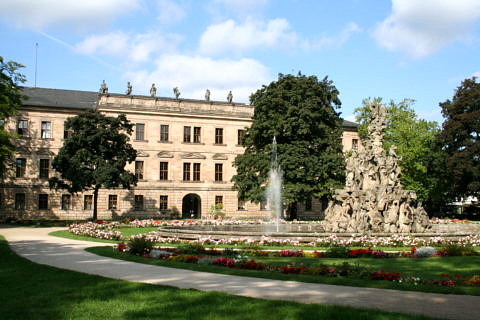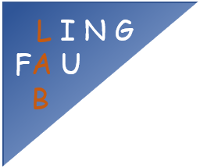Constructionist Approaches to Language Pedagogy (March 18th to March 20th, 2024)



Let’s face it – grammar has a bad reputation.
… It doesn’t have to be that way.
Grammar is actually quite engaging when properly understood.
Ronald Langacker. 2008: 1. Cognitive Linguistics. Oxford: OUP.
CALP 4 is an applied linguistics conference that addresses all research issues related to first, second and foreign language learning and teaching. The overall framework of the conference is provided by what has become known as the usage-based approach, and in particular Construction Grammar models.
Construction Grammar is a relatively recent theory of language that sees language as a network of learned form-meaning pairings – the constructions. Constructions in this sense comprise a wide range of linguistic units such as individual words, collocations, expressions such as the Xer the Yer or the two/three/etc. of them/you/us or rather abstract constructions such as the ditransitive construction (subject verb object object) or different constructions to refer to events in the future in English (such as the modal will-construction and the be-going-to-v construction).
The constructionist approach to language thus stands in sharp contrast to generative theory as instigated by Noam Chomsky. Most importantly, perhaps, Construction Grammar does not make any speculative assumptions about supposedly inborn qualities of the human mind (such as Universal Grammar), but it assumes that constructions are learnt.
As a result, the model of Construction Grammar, which in some respects continues the tradition of language descriptions before Chomsky, is particularly suited to increase our understanding of how language learning takes place. In fact, the analysis of language learning processes has been a central element of a vast body of empirical research carried out in this framework over the last 30 years or so.

